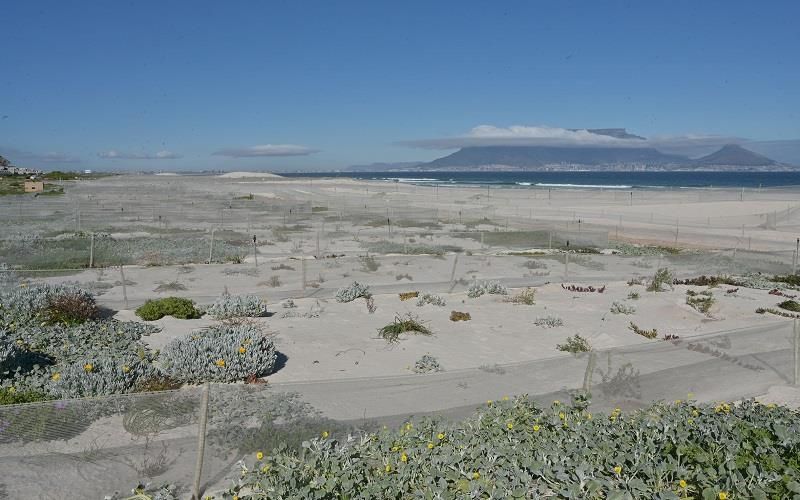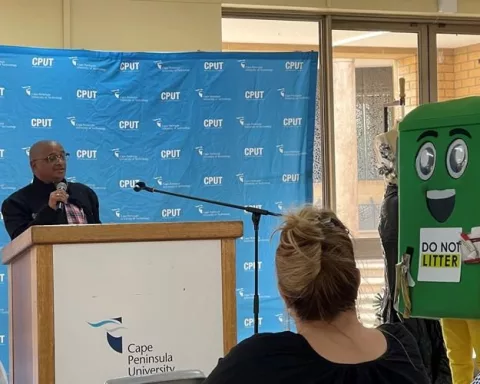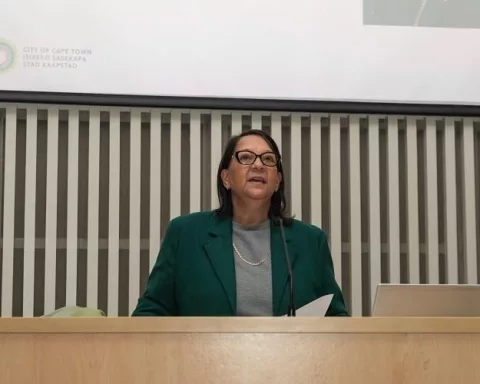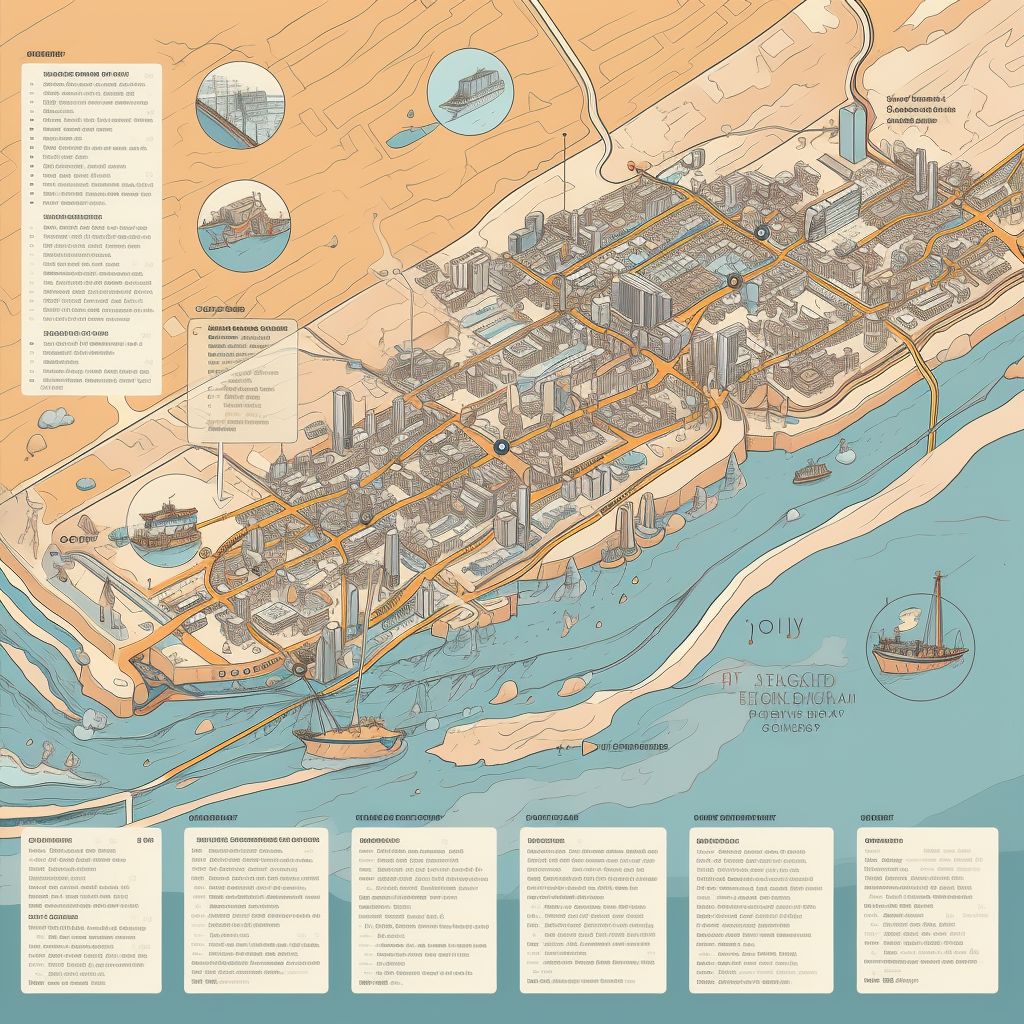The City of Cape Town’s dune rehabilitation project is transforming the picturesque Table View beachfront. Spearheaded by Alderman Eddie Andrews, the City’s Deputy Mayor and Mayoral Committee Member for Spatial Planning and Environment, this initiative aims to rehabilitate, revitalize, and maintain one of the city’s prime tourist attractions along the Atlantic coastline.
The Project
Initiated in mid-July 2022, the project spans a stretch of 3 km of coastline, from Dolphin Beach in the south to Bokkomsbaai in the north. The dune rehabilitation is not only focused on revitalizing the dune system but also encompasses improving pedestrian access to the beach, implementing sand management, and upgrading various facilities, services, and infrastructure.
Progress
To date, the project has witnessed significant progress, with 94,000 rescued plants finding a new home in the dunes, 162,515 m³ of sand moved, and 23 km of netting installed. The netting serves to stabilize the sand and has successfully prevented windblown sand from smothering nearby infrastructure. Furthermore, the remarkable self-colonization of vegetation over the back dune areas has been observed, adding to the project’s success.
Benefits
Fully functional dune systems not only create a visually appealing coastal space but also help trap sand on the beachfront, thereby preventing it from adversely affecting roads and adjacent infrastructure. Once complete, the vegetated dune cordon in Table View will act as a natural buffer against storm surges and the longer-term projected impacts of sea-level rise.
Next Steps
The project is far from over, with planting set to continue into 2024 and the vegetation taking several years to fully establish. In terms of additional actions, derelict ablution facilities have been replaced with temporary alternatives, and the overall dune rehabilitation is expected to take 18 to 20 months, with work ongoing until June 2024.
Starting August 2023, the City plans to commence other upgrades to the Table View beachfront, including a new coastal walkway, enhanced parking facilities, new ablution facilities, and repair of stormwater services. The entire upgrade is projected to be completed by mid-2025.
Community Support
Table View Beach is an iconic destination, offering a breathtaking view of Table Mountain, serving as a favorite kite-surfing spot in summer months, and attracting visitors from various walks of life. The ongoing project has received immense support from the local community, who eagerly anticipate enjoying an enhanced beach experience once upgrades are complete.
Advice for Visitors
While the beach remains open to the public, visitors are advised to avoid areas where work is taking place, keep dogs on a lead, and only access the beach via designated pathways. With its focus on sustainability and environmental preservation, the Table View dune rehabilitation project truly epitomizes a green transformation along Cape Town’s scenic coastline.












